Soul Axiom Xbox One review: Bland execution of an intriguing premise
Can your memories be relived forever?
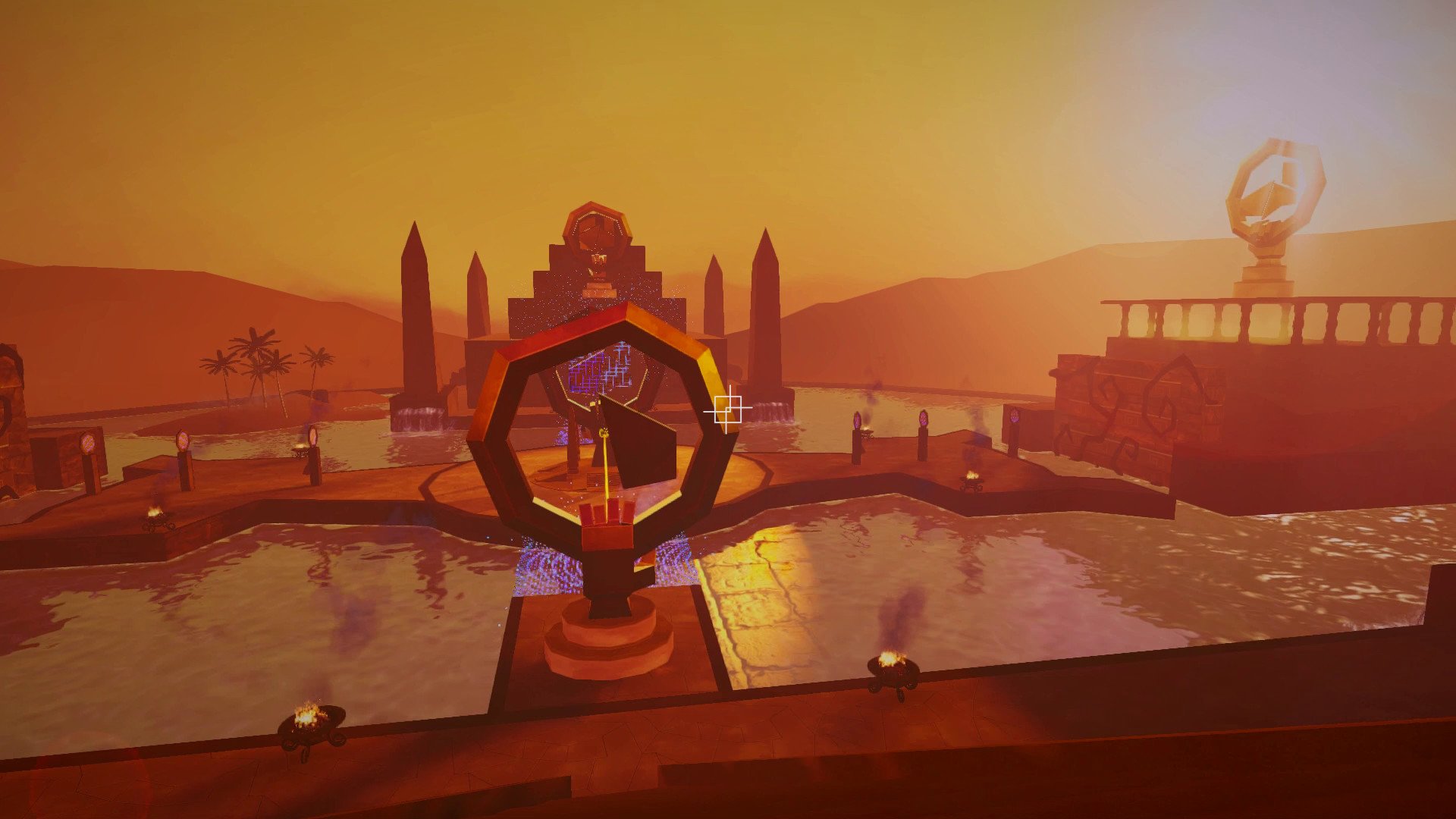
All the latest news, reviews, and guides for Windows and Xbox diehards.
You are now subscribed
Your newsletter sign-up was successful
From its distinctive art style to an intriguing premise, Soul Axiom has been on my radar for some time now. Following a release on PC earlier this year, the game has made its way to consoles, with two hours of additional gameplay that's exclusive to the Xbox One.
Wales Interactive has high hopes for the title, attempting to seamlessly blend a deep, engaging storytelling experience with puzzle gameplay. Sadly, Soul Axiom fails to live up to its promises, delivering a lengthy, but limited experience.
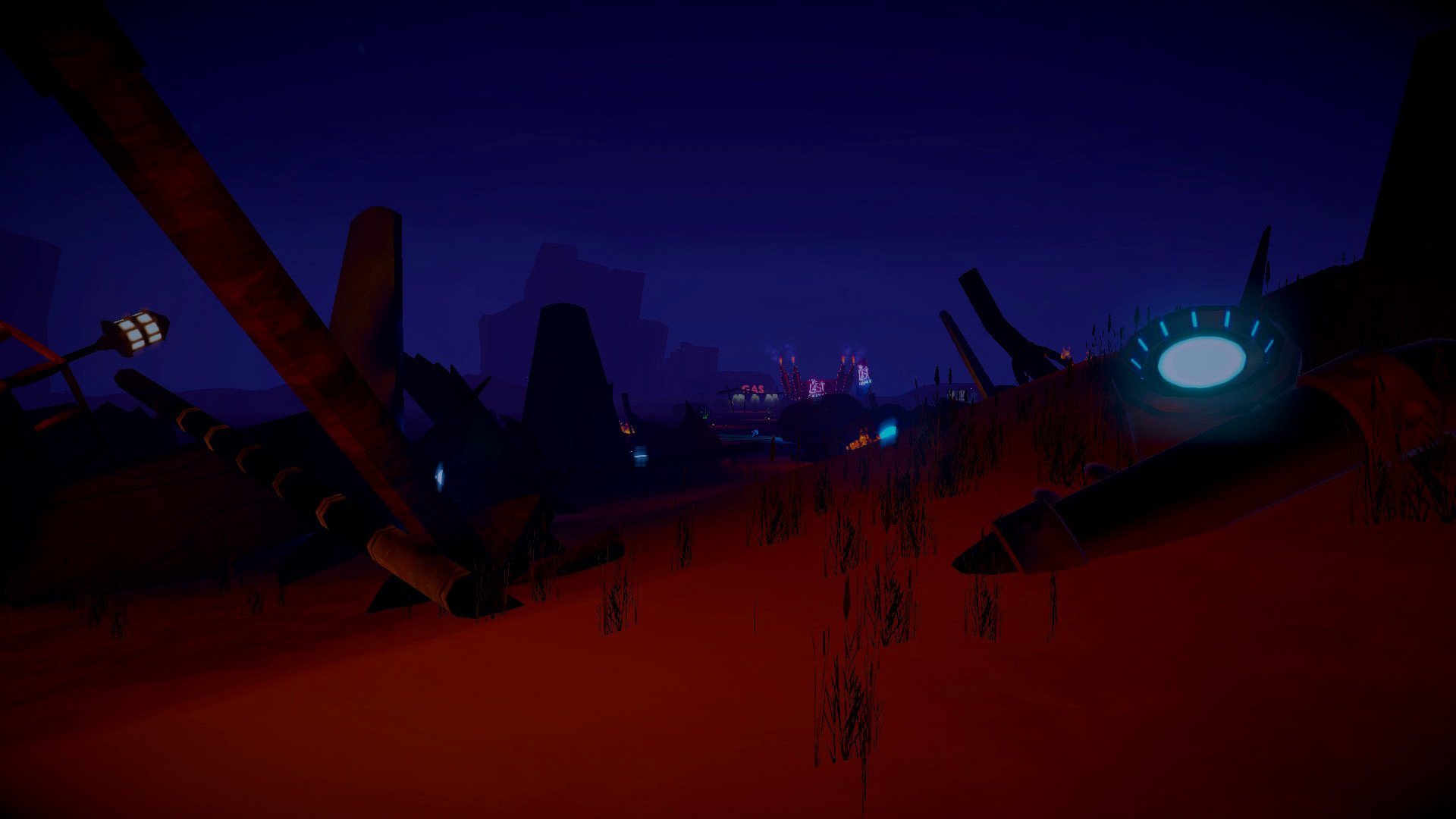
Bio-digital jazz
Story
Soul Axiom builds on a concept introduced in the developer's previous project, Master Reboot, which features a service to backup memories to the cloud. Through this service your personal experiences can be stored in a virtual world known as Elysia, to be uncovered again at a later point in time. This can be used to revisit your past at a later date, or archive personal memories for future generations.
An extensive and tedious timeline of events, which soon loses its way
This soul-syncing service serves as the basis for Soul Axiom's plot, which follows an unnamed protagonist through the virtual world of Elysia to uncover his past. Over the course of the game's 40 locations, you'll uncover the mystery behind your character and Elysia itself. While the game places a strong focus on its narrative, the story's delivery sadly failed to fulfill my intrigue. This makes for an extensive and tedious timeline of events, which soon loses its way after the opening levels.
Despite the events of Soul Axiom's narrative never surmounting to a climax, the concept behind its universe has huge potential. The narrative touches some interesting plot points but swiftly passes them in favor of less interesting aspects of the game's world.
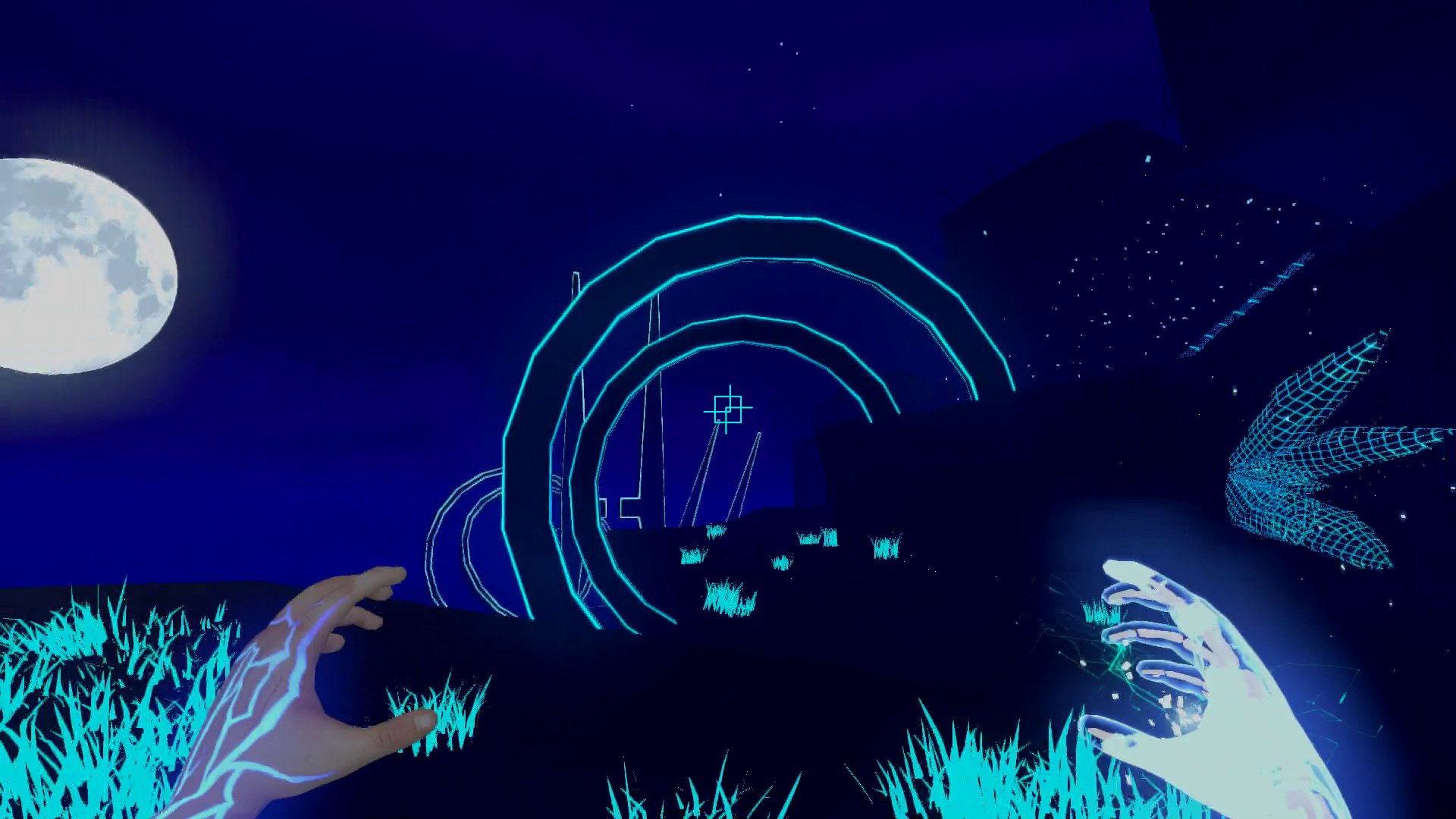
Alone in the dark
All the latest news, reviews, and guides for Windows and Xbox diehards.
Atmosphere
Soul Axiom's bland, desolate world helps in portraying its ominous undertone, reminiscent of games from the Bioshock series. Despite being initially portrayed as a digital utopia, the world of Elysia begins to show signs of hidden imperfections under the surface.
With frustrating puzzles and bland level design, it feels the developer's approach to the game has been misguided
A lack of traditional human interactions contributes to the game's uncanny vibe, with the player isolated in the game's world. Overall the game feels lifeless, with its environments frequently feeling static and uninhabited. When a majority of moving objects are controlled by computers and contraptions, the player and their powers are the sole source of life occupying the world.
The art direction of Soul Axiom also follows suit, mostly comprised of minimalist shapes and flat textures. This limited palette of assets and textures often draws away from the experience, feeling bland and unimaginative, rather than building on the overarching ambience. At times, Soul Axiom's graphical style firmly parts itself from the crowd, with beautiful digital worlds compromised of sharp neon edges, but this failed to spread beyond a limited number of locations. The game's budget obviously contributed towards this design decision, but a consistently distinct art style would've helped in creating a more appealing title.

Soul Borediom
Gameplay
Lengthier puzzles never feel truly unique and conclude with unrewarding solutions
With a puzzle game at its core, a majority of time inside Elysia is spent solving problems to progress through predefined memories. These puzzles heavily rely on navigating around obstacles and traps, using the world-manipulating powers at the player's disposal.
Throughout the game, the player collects a variety of powers, each with their own creative applications in the game's world. Within the initial five minutes, the player unlocks their first of their abilities, allowing them to phase select objects in and out of existence. From the outset, earlier puzzles conclude with ingenious solutions that take advantage the player's phasing ability. While they aren't hugely complex, they serve as a steady introduction to the game's mechanics. As more powers are added to the mix and the complexity of the platform grows, puzzle solutions start feeling uncreative and tedious.
While attempting, levels players are given minor guidance in using their powers, with glowing auras around interactable objects. With a very limited number of objects to manipulate, the power to use is indicated by the color the object emits. This exposes the limited, linear structure of Soul Axiom's puzzles which rely on strict, context-based cues.
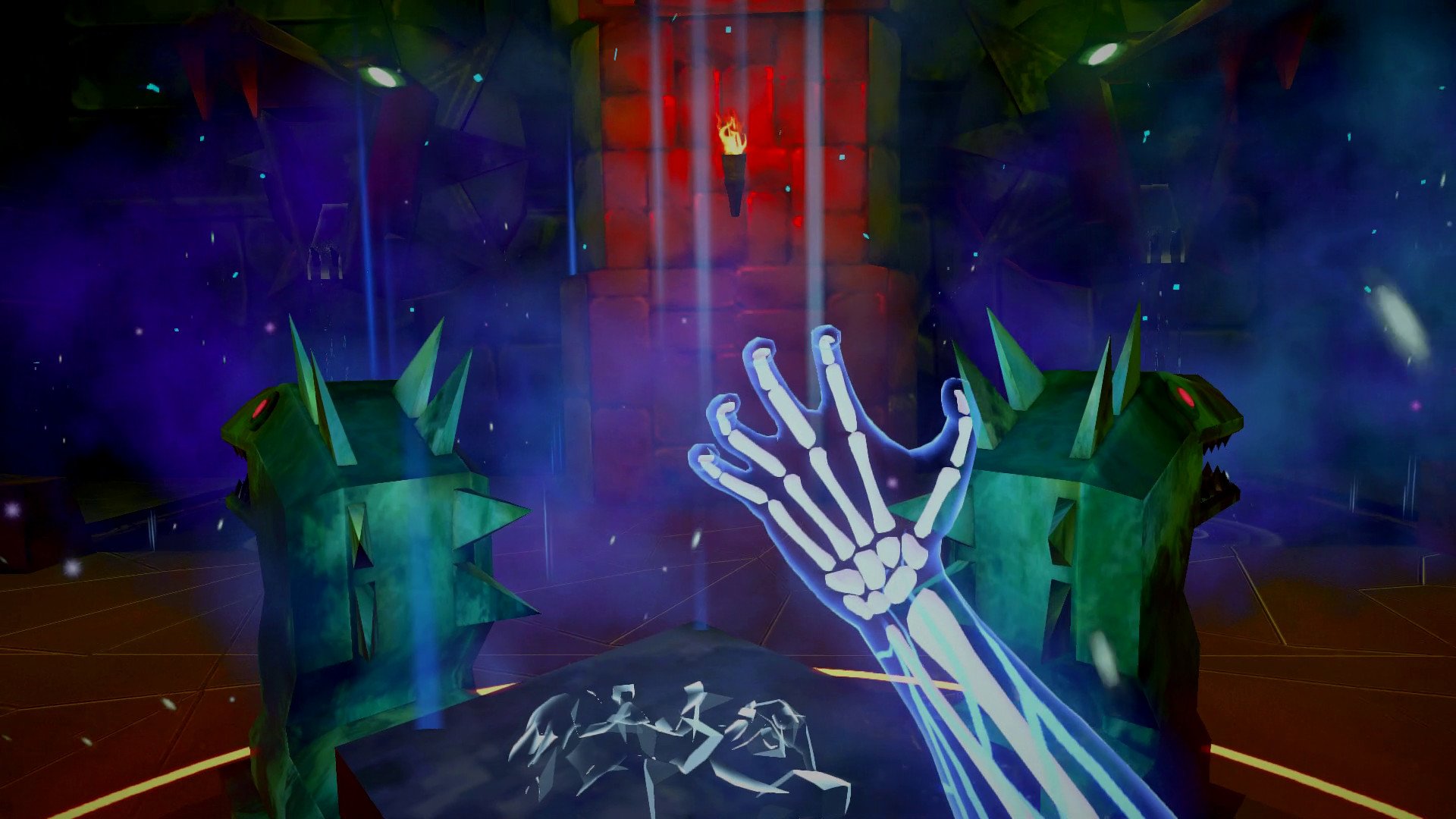
Soul Axiom lays out an attractive display, but various flaws in its approach are its biggest limitation. Unlike many of the best puzzle experiences in recent years, a majority of Soul Axiom's levels are frustratingly challenging, with uncreative solutions that soon lost my interest. Rather than offering discreet cues in order to find a solution, puzzles often require a thorough search of the environment for objects to interact with. Due to this, lengthier puzzles never feel truly unique and conclude with unrewarding solutions.
The most wearisome of Soul Axiom's puzzles rely on strangely specific knowledge, which often require online research to complete. The solutions of such puzzles require knowledge of star constellations and world flags, which not only felt frustrating but killed any remaining immersion.
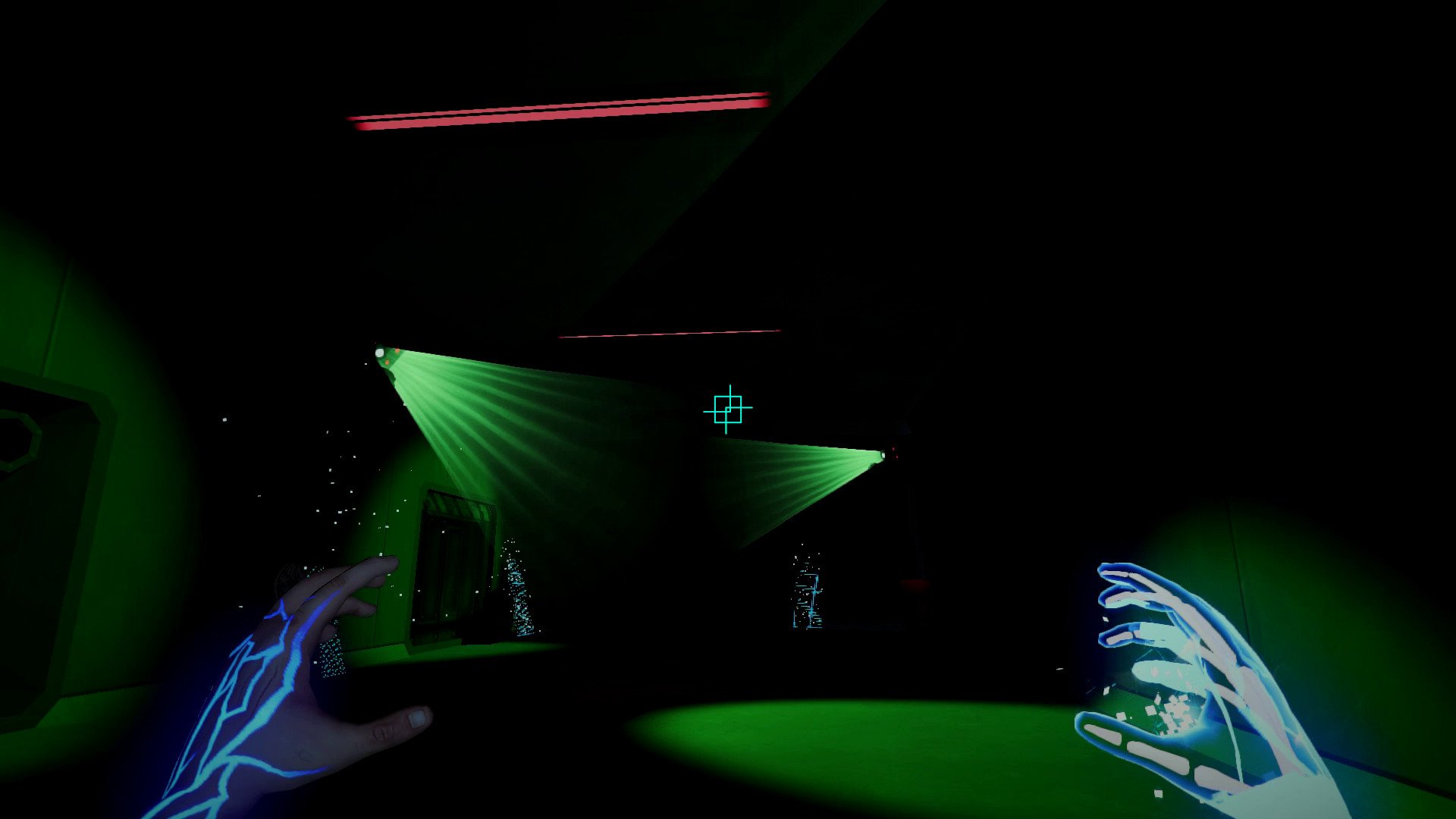
A major downfall of Soul Axiom lays with its sub-standard performance on the Xbox One and a lack of refinement across the package. In its transition from the PC to the console, the game's framerate had taken a significant hit, failing to remain at a constant 30 FPS. This becomes a more prevalent issue during key in-game moments when multiple moving objects trigger a nearly unplayable framerate.
The game also suffers from a lack of polish, with a range of bugs interrupting my playthrough. Numerous times I found myself clipping into in-game objects and getting wedged inside geometry, which can only be fixed by restarting the level. If checkpoints were offered throughout these levels, encountering such bugs wouldn't be so frustrating.
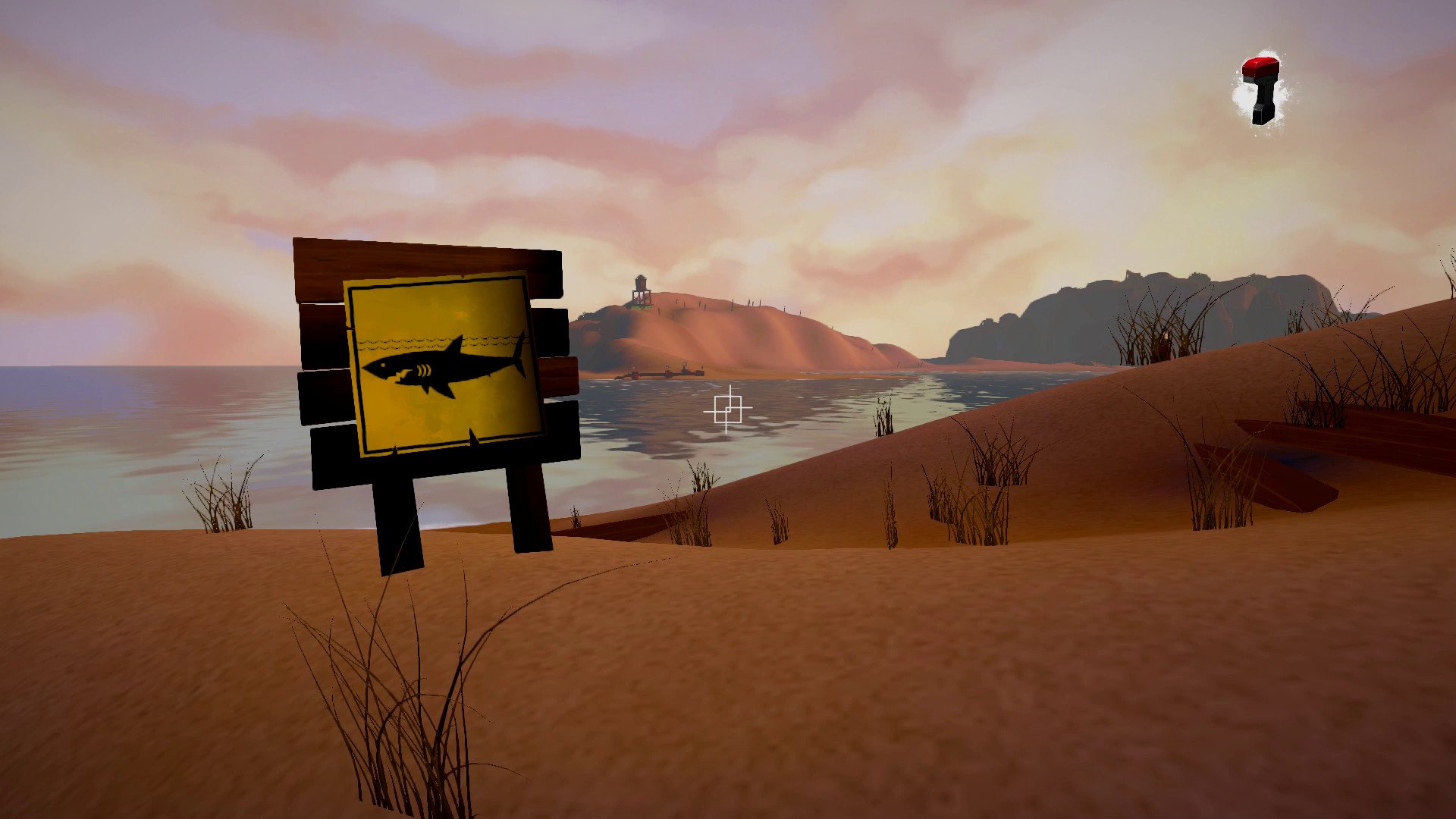
Conclusion
An innovative concept can be found behind Soul Axiom, but various missteps in its delivery hold back its potential. With frustrating puzzles and bland level design, it feels the developer's approach to the game has been misguided, limiting what could've been a detailed and engaging storytelling experience. Behind these flaws, Soul Axiom houses some truly unique concepts which converge into an authentic, cryptic world. Fans of puzzle games may find a charm in Soul Axiom, but the package's quality struggles to justify its $19.99 price point.
Pros:
- Intriguing premise
- A significant volume of content
Cons:
- Unrewarding puzzles
- Unstable framerate on Xbox One
- Shallow storyline
This review was conducted on Xbox One using a copy provided by the developer.

Matt Brown was formerly a Windows Central's Senior Editor, Xbox & PC, at Future. Following over seven years of professional consumer technology and gaming coverage, he’s focused on the world of Microsoft's gaming efforts. You can follow him on Twitter @mattjbrown.
